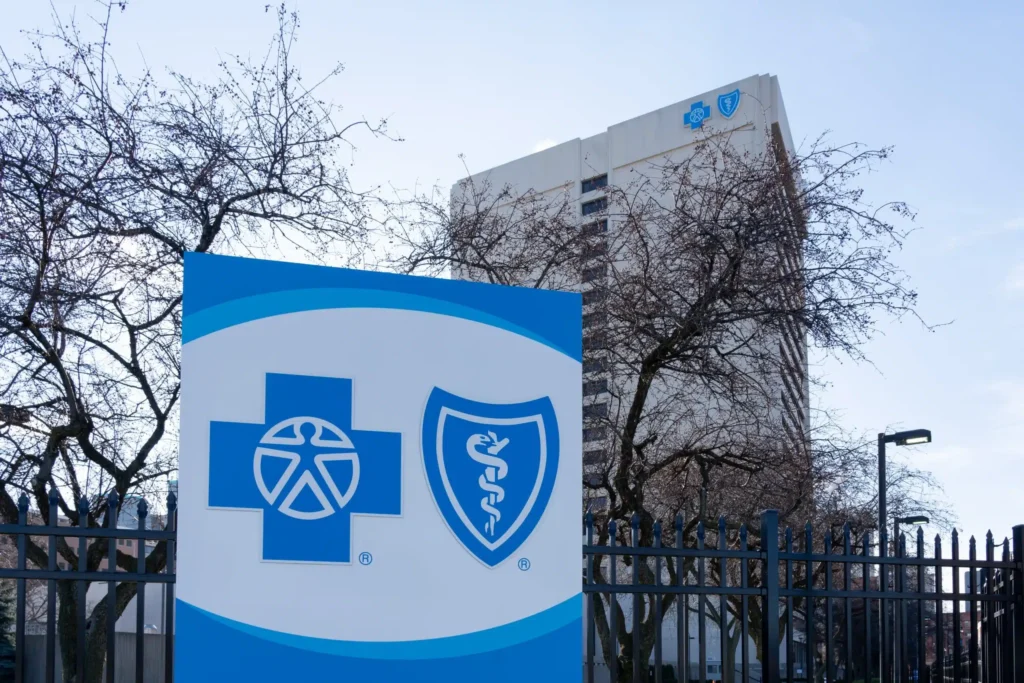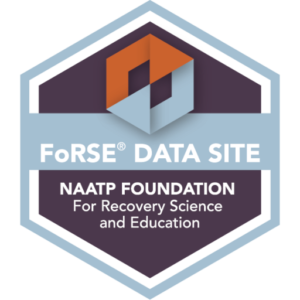Does United Healthcare Cover Rehab
Curious to know, “Does United Healthcare Cover Rehab?” The answer is “Yes, UHC does cover rehab.” The company was founded in 1977 by Richard T. Burke. It is the largest health insurer in the country. In addition to offering insurance plans, it also offers wellness programs and other products that help people stay healthy. Here’s […]
Does United Healthcare Cover Rehab Read More »







